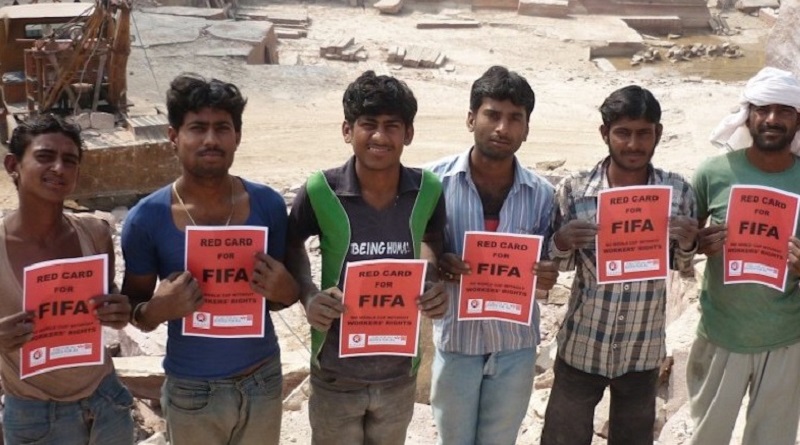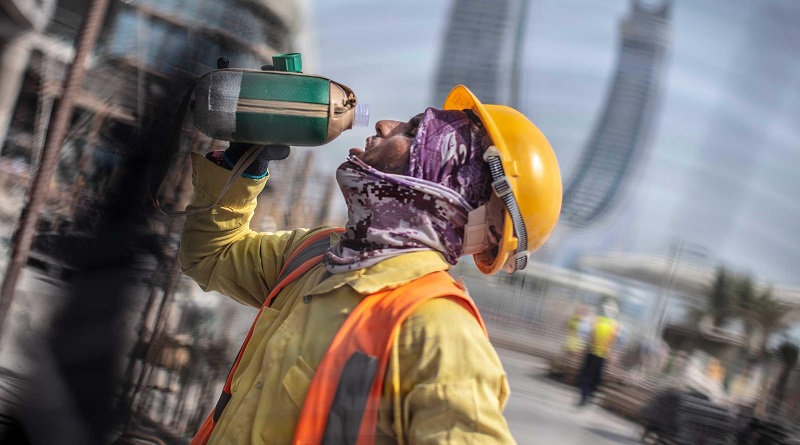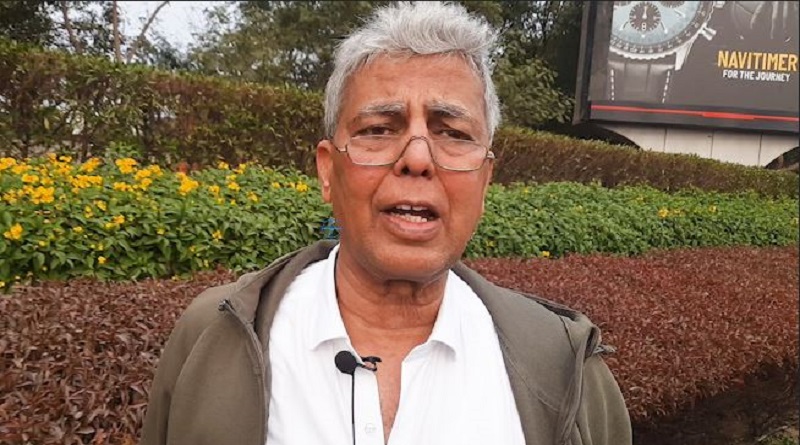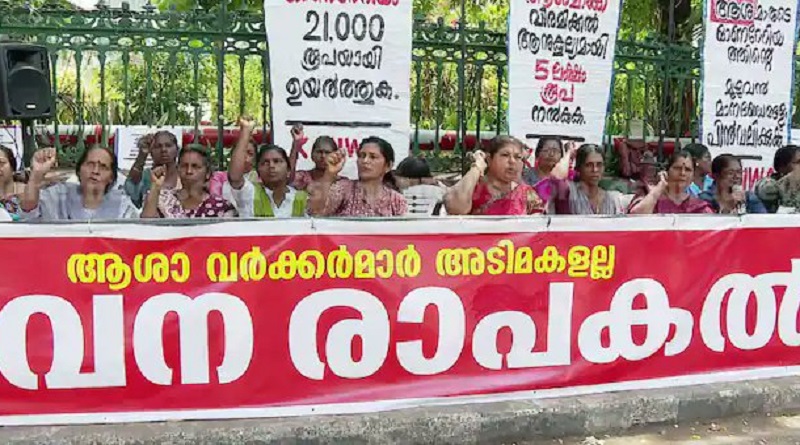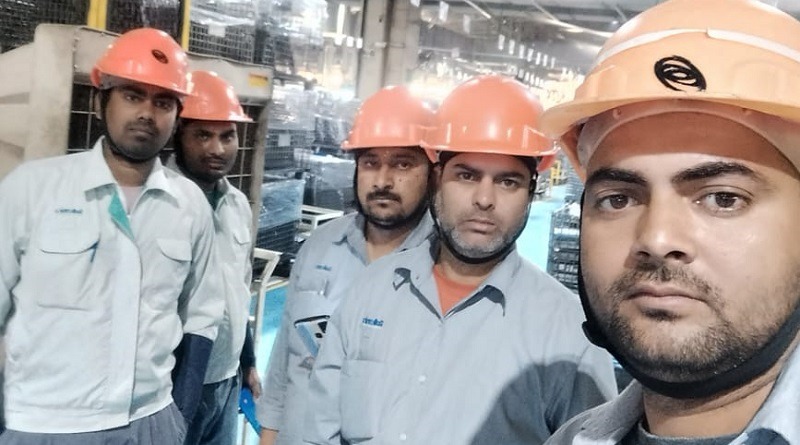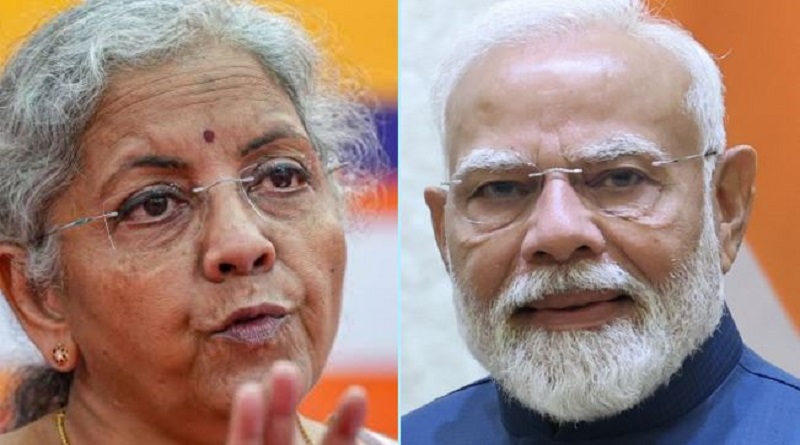Indian migrant workers in Gulf countries: Vital Yet Vulnerable
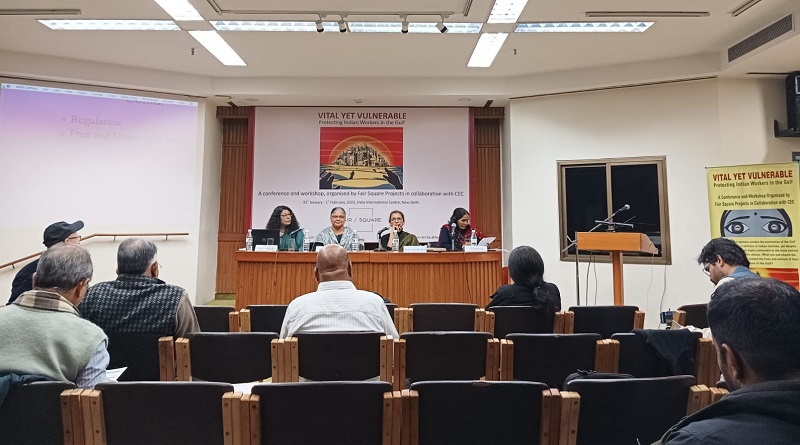
By Ridhi Pandey
Earlier this week FairSquare Projects organized a conference and workshop in collaboration with Center for Education and Communication (CEC) on the theme “Vital Yet Vulnerable: Protecting Indian Workers in the Gulf.”
The two days event (31st Jan.-1st Feb. 2023) which was hosted at the Indian International Centre was attended by researchers, students, activists, legal professionals, journalists, and the civil society.
The opening panel of the first day was chaired by J. John, Former Executive Director CEC and Editor Labour File. The panel presented an overview of Labour Migration in India, and the expert speakers addressed issues concerning Migration of Indian workers both within India and outside the country’s borders.
The first speaker in this opening panel was Nicholas McGeehan, who is the co-founder and director of FairSquare Projects. McGeehan gave an overview of the extremely harsh living and working conditions that migrant workers face in the GCC countries.
He highlighted the absence of trade unions and the lack of affordable healthcare for migrant workers in the Gulf, and spoke at length of their overall vulnerability.
The second panelist was Prof. Atul Sood from the Centre for Study of Regional Development at JNU, who broadened the scope of the debate on issues faced by migrant workers by suggesting that the overall regulatory regime in India is geared towards promoting rightlessness of the labour.
- Havoc wreaked by NPAs: Why corporate loans are turning more to NPA?
- Mazdoor Akrosh Rally in Delhi sends a message of uncompromised struggle of workers : Ground Report
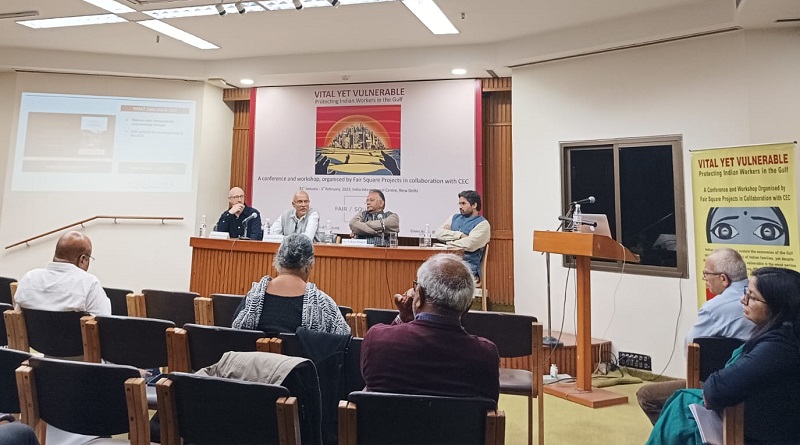
Women workers vulnerability
In his presentation he argued that in over the last several years, and more particularly in the current regime in India, we have witnessed a dilution of the statutory protections originally given by the state.
Consequently, all workers, which include the overseas migrant workers, find themselves exposed to numerous vulnerabilities, with no protection from the state.
The final panelist in this panel was prominent Labour Historian Prof. Prabhu Mohapatra, who spoke from a historical perspective.
He situated the current migration of workers to the Gulf within the long-term history of migration of Indians, and historically traced the various forms of regulation of migration, which continue to shape the contemporary regulatory measures enforced to control migrant workers.
The second panel for the day addressed the myriad of issues of women migrants who migrate to the gulf for domestic work and carework.
This panel was chaired by Prof. N Neetha from the Center for Women’s Development Studies. Collectively all the speakers highlighted the struggles against patriarchy of women migrant workers in the Gulf.
Their presentations showed that patriarchy makes women workers vulnerable everywhere; at their homes, at their workplaces, and even the state, whether in India or in the destination countries adopts a patriarchal approach to regulate the mobility of the marginalized women migrant workers.
The first speaker in this panel was Lissy Joseph, Chairperson National Workers Welfare Trust, Hyderabad. She spoke at length of her experiences of working with women domestic workers in Hyderabad, who migrate to the GCC countries.
She particularly highlighted the role of recruiters in the exploitation of women workers, and the lack of support systems for women workers at every stage, including upon their return after a traumatic life in the Gulf. The second panelist was Neha Wadhawan, who is the National Project Coordinator, Work in Freedom, ILO.
- Puducherry in resistance against electricity privatisation: A ground report
- A tale of two Mazdoor Kisan Panchayats and their lessons
Most of the issues: working condition
In her presentation, she argued that Fair Recruitment and Decent Working Conditions go hand in hand, and in the case of women domestic workers in the Gulf both these issues have to be addressed collectively. The final speaker in this panel was Prof. Praveena Kodoth from Centre for Development Studies, Trivandrum.
Her presentation demonstrated the hands-off approach of the Indian state which makes migrant women workers even more vulnerable in their destination countries.
She also pointed at the complex relationship between the women workers and their recruiters. The recruiters on one hand contribute towards the exploitation of the women workers, while also being the sole source of support in the event of any crisis.
Post-lunch, the participants of the conference convened to listen to the third panel which was once again chaired by J. John. This panel addressed the legal regulations that govern migrants and labour migration to GCC countries and discussed their provisions as well as pitfalls.
The first speaker Bheem Reddy, President, Emigrants Welfare Forum, Hyderabad spoke from his own experiences of working in the Gulf as well as drawing on the experiences of various other migrants from the Telangana region.
He highlighted the gradual erosion of social position and citizenship that is experienced by migrant workers who live abroad long term, to the extent that even once they return, they are unable to fully reintegrate back in the society.
The second speaker was independent journalist and migrant rights researcher Nikhil Eapen, who spoke of the new Emigration Bill and highlighted its various shortcomings.
He argued that the new bill was largely geared towards data collection of migrant workers by the state. Moreover, the biggest shortcoming of the proposed bill is that it does not take a rights-based approach towards the migrant workers.
Thus, while the bill mentions various welfare provisions for the migrant workers, it does not speak about their rights at any point. The final panelist in this session was Advocate Kranti LC from Human Rights Law Network in Mumbai, who joined the discussion online.
He spoke of the need for more legal engagement in the courtroom to ensure that the laws on paper are actually enforced and benefit the migrant workers.
- Mazdoor Akrosh Rally in Delhi sends a message of uncompromised struggle of workers : Ground Report
- TUCI demands repeal of 4 labour codes, 3 day dharna at Jantar Mantar concludes
The Invisibles : A film
The final panel of the day was charied by Usman Jawed from FairSquare Projects, and was started off with a short-film titled “The Invisibles” produced by the Vital Signs Project.
The film highlighted the issue of unexplained deaths of migrant workers and their persistent medical neglect in the GCC countries. The film was followed by a presentation by Nicholas McGeehan who presented the findings from recent reports produced by Vital Signs Project on health issues and deaths of migrant workers in the Gulf.
These reports can be accessed from their website, and a new report in this series is expected by June 2023. After the presentations, senior activists Dr. Vikas Bajpai and Advocate Colin Gonsalves were invited to conclude the day’s discussions.
Dr. Bajpai spoke against the ‘NGO-isation’ of labour issues and emphasized for the need to take a strong rights-based approach to address the issues faced by migrant workers.
Advocate Gonsalves drew everyone’s attention to the fundamental rights enshrined in the constitution and reiterated that the constitution is above any antagonistic laws or legislations that the ruling government may propose or enact.
He urged everyone present to keep up the legal struggles to hold the Government of India accountable for protecting the interests of migrant workers in the Gulf.
At the end of the first day, all participants were invited to join the workshop on the second day to collectively brainstorm for the way forward in improving the situation of migrant workers who travel to work in the Gulf.
Subscribe to support Workers Unity – Click Here
(Workers can follow Unity’s Facebook, Twitter and YouTube. Click here to subscribe to the Telegram channel. Download the app for easy and direct reading on mobile.)
